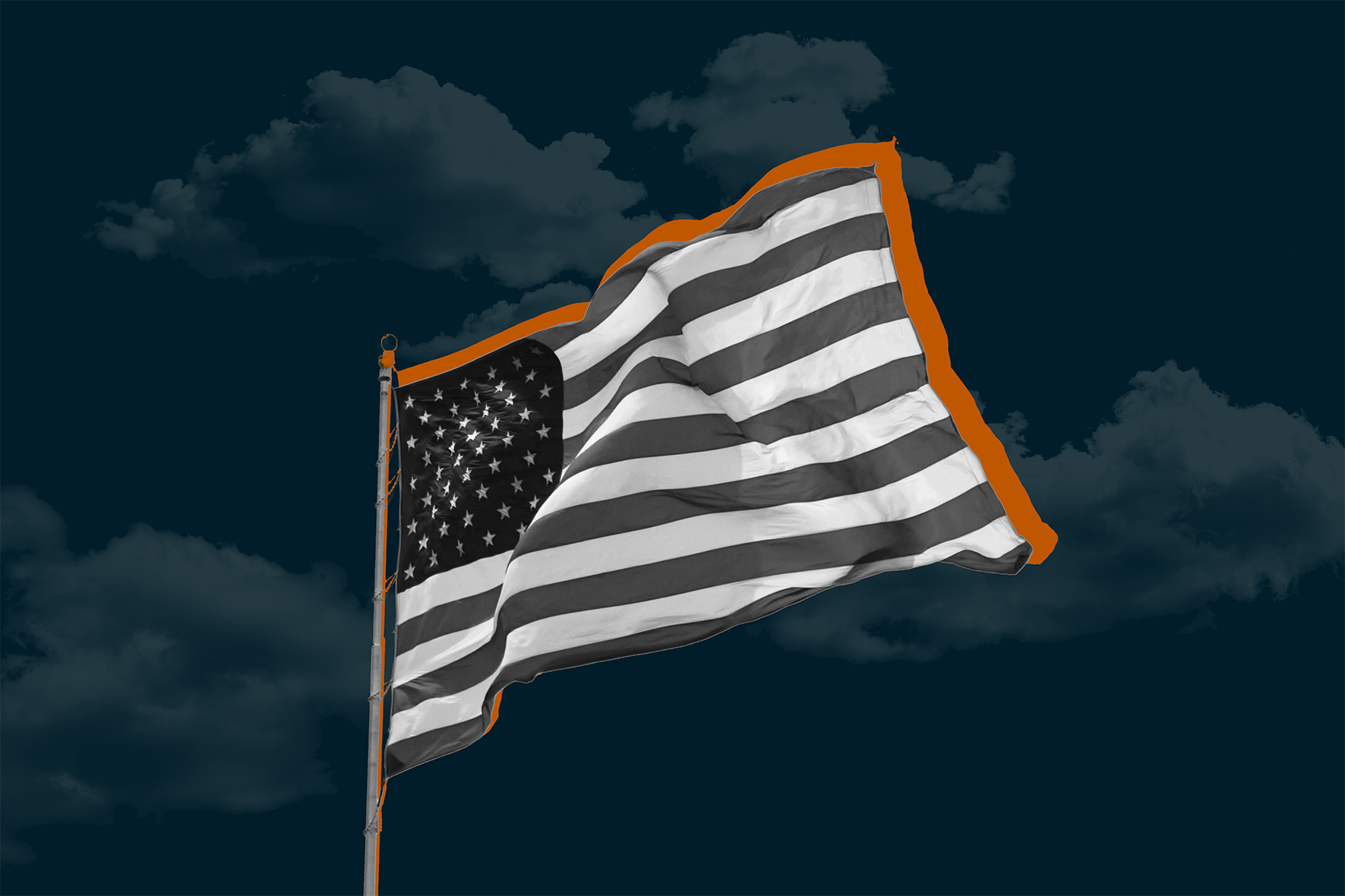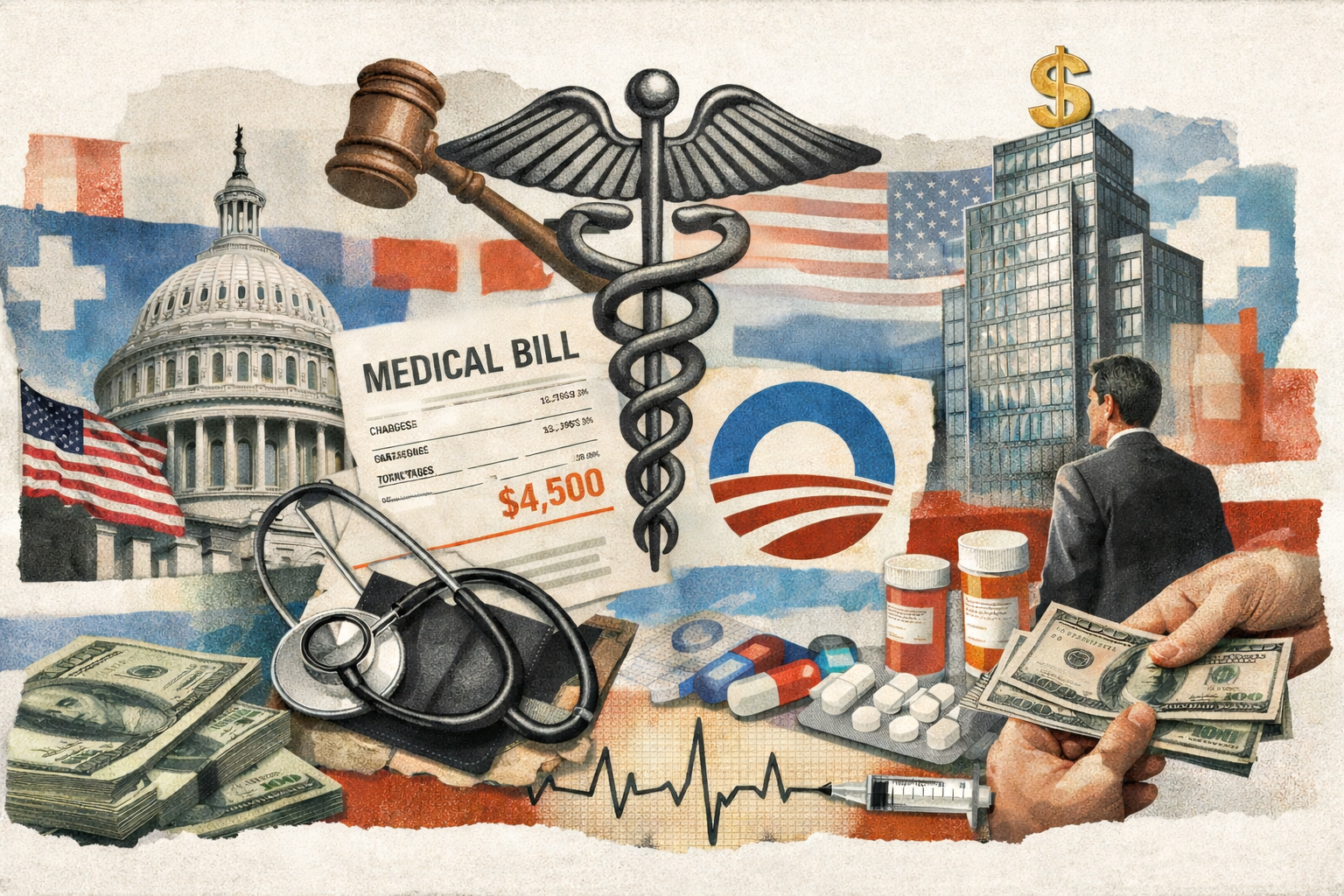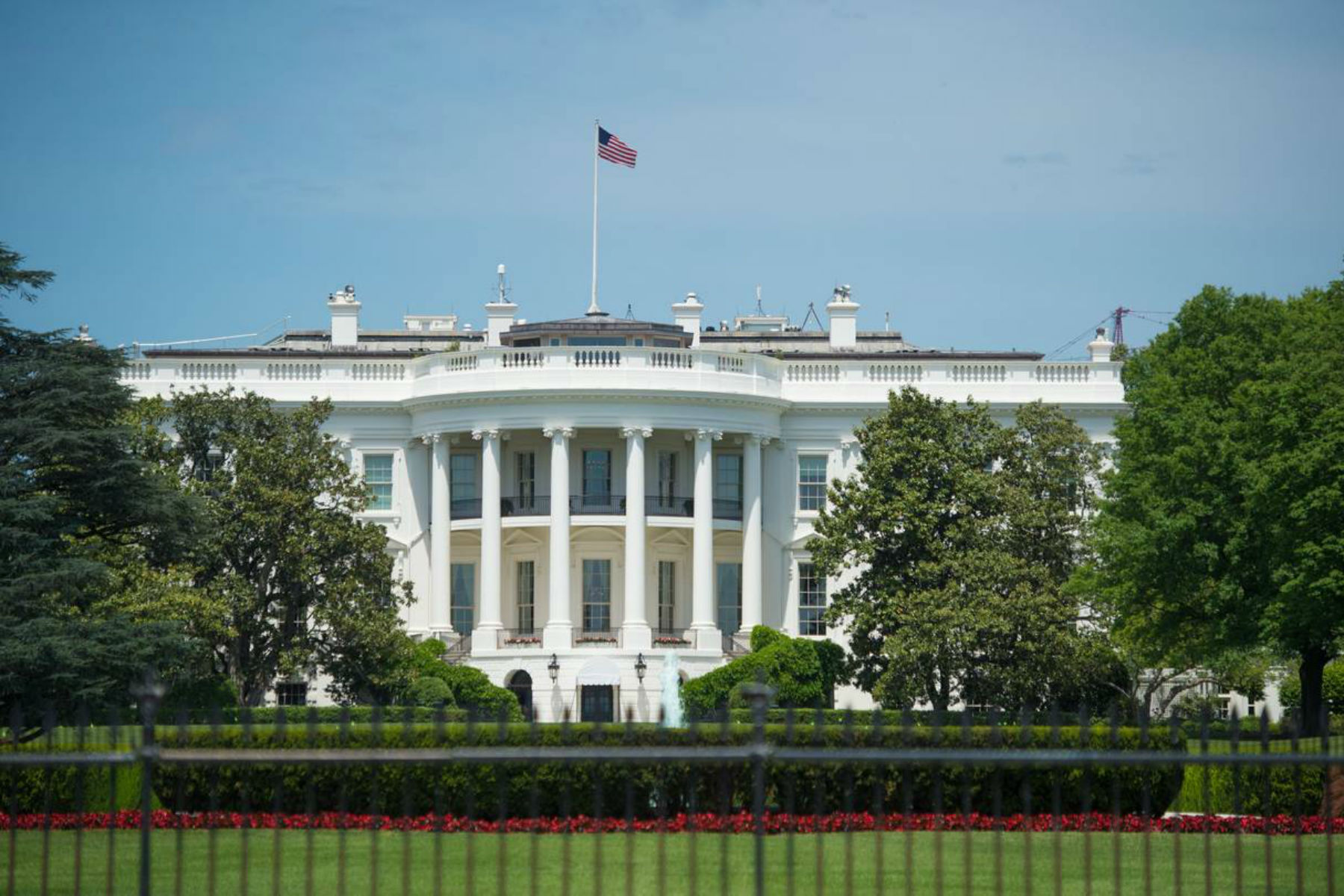
The Death Penalty's Demise Has Been Greatly Exaggerated
There’s right and wrong, and the need for society to express its strong public condemnation of certain criminal actions. That public need will never evolve into extinction.
Reports of the death penalty’s demise have been greatly exaggerated. For at least the last half century—or more—those who oppose capital punishment have touted society’s “evolving standards of decency” as both the legal and moral rationale for its supposed fate.
But whose standards have evolved? There’s right and wrong, and the need for society to express its condemnation—strong condemnation—of certain actions. That’s always been the case, and it always will be. That’s why for millennia, a broad array of diverse societies have imposed the death penalty—and why so many societies today continue to do so.
But consider the case of Luigi Mangione who allegedly (he enjoys the same presumption of innocence that all criminal defendants enjoy, even though the evidence of his guilt is overwhelming) gunned down Brian Thompson, an insurance CEO, in a brazen, pre-meditated, cold-blooded murder on the streets of New York City to make a political statement.
If ever a crime deserved the death penalty, this one certainly does.
But the State of New York doesn’t have the death penalty because that state’s highest court declared it unconstitutional under the state’s constitution.
This same scenario has played out across the United States time and again. Voters, either acting directly through the ballot initiative process or indirectly through their elected representatives, approve the imposition of the death penalty for those convicted of heinous crimes. But judges, egged on by the liberal legal academy, impose their policy preference and override the will of the people by “updating” their state’s, or the federal, constitution to “fit” the times.
The U.S. Supreme Court tried this in the 1970s by holding that the U.S. Constitution’s Eighth Amendment ban on “cruel and unusual” punishments required the death penalty, as then practiced, to be abolished. But after a widespread backlash and reaffirmed commitment by many states to making the death penalty available to punish the worst offenders, the Court retreated. It responded by cobbling together an incomprehensible patchwork of rules and regulations, found nowhere in the text of the Constitution or in our nation’s historical practices, that are designed to bring about the end of the death penalty by a thousand incoherent cuts.
In other words, the Court has said that the Constitution doesn’t prohibit the death penalty categorically, but it has confined its use, as a constitutional matter, to such a narrow class of crimes and criminals and made it so burdensome, time consuming, expensive, and uncertain that many might say it’s just not worth it. And that’s likely the goal.
In a similar vein, the Biden Administration paid lip service to seeking and retaining the death penalty while having no intention of carrying out any death sentences imposed. Indeed, on his way out the door, Biden commuted the sentences of 37 of the 40 vicious murderers who were on federal death row. Many states have done the same. In California, for example, there are currently 591 people who have been convicted of capital crimes, and voters in that state have indicated their approval of the death penalty whenever the issue has been put on the ballot (despite the concerted efforts and massive spending by death penalty opponents). Yet, the last time California carried out an execution was in January 2006.
Some have noted that liberalized Western societies, at least the (supposed) elites, have increasingly lost their will to impose this penultimate (at least for those who believe in God) punishment. Some have theorized that’s because increasingly secularized societies, like most of continental Europe, view death as a punishment too terrible to contemplate, with its finality unparalleled.
Some religious figures, like the late Pope Francis, have also pushed the narrative that the death penalty should be abolished because it violates fundamental human rights and dignity (though many other Catholic thinkers and theologians, with agreement from many Protestants too, have explained why that isn’t so and why that position contradicts basic Biblical teachings). What is noteworthy about Pope Francis’s judgment is that much of his opposition to the death penalty was based on standard progressive reasoning, reflecting “emerging global” sensibilities that demanded its demise. Yet, the traditional Catholic position (the one Pope Francis allegedly changed) reflects the established understanding that government can exercise certain prerogatives forbidden to individuals, including the authority to kill as punishment for criminal acts, when pursuing society’s common good. Neither Pope Francis nor our secular progressives seem capable or willing to confront these basic norms of statecraft, lost as they are in the illusion that notions of right and wrong change with the times.
And even those opposed to the death penalty recognize that the need for society to express its strongest condemnation for certain criminal actions. How else can you explain the crass political ploy of the Biden Administration to commute the sentences of almost everyone then on federal death row, except for “Robert Bowers, convicted for the mass shooting as the Tree of Life Synagogue; Dylann Roof, convicted of the shooting at the Mother Emanuel AME Church; and Dzhokhar Tsarnaev, convicted for the Boston Marathan bombing.” All were convicted and sentenced for committing heinous crimes. But were others convicted and sentenced less deserving of death and society’s strongest condemnation? Likely not.
As the conversation continues, two points become clear. First, the death penalty is not unconstitutional. In fact, it’s explicitly contemplated by the Constitution. And, at least constitutionally speaking, society can use it to express its condemnation against a broader array of crimes than the muddled Supreme Court caselaw currently allows. For example, some states, such as Florida, recently passed laws authorizing capital punishment for particularly heinous child sex offenses. The Supreme Court says that’s not allowed, but as a matter of constitutional law, that’s certainly wrong. After all, at common law, death was the standard penalty for committing any felony offense.
Second, there is nothing inherently immoral about applying the death penalty. Justice cries out for it to be applied in some circumstances. Does anyone think that justice was truly done in the Nikolas Cruz case, where everyone agreed he committed premeditated mass murder at Parkland High School and did so in a particularly aggravating and heinous manner, and yet a few holdout jurors opposed the death penalty as punishment? As a result of this case, Florida amended its law to allow a non-unanimous jury to recommend a death sentence, provided that a supermajority of its members agree with that recommendation. This law will undoubtedly be challenged in the U.S. Supreme Court.
Simply put, failing to impose the death penalty for specific actions shows a lack of respect not only for the victims of crimes but also for the perpetrator. So much of the argumentation against the death penalty today seeks to take away the moral culpability and agency of those who commit heinous crimes by asserting they are just a product of their circumstances instead of independent actors capable of making their own moral judgments.
Fortunately, in the case of Luigi Mangione, the federal government recognized what a miscarriage of justice it would be for a jury of his peers not even to have the option of expressing their strongest condemnation of his actions by imposing the death penalty. As a result, he has been charged federally for committing his heinous crime, where the death penalty remains an available punishment. The only questions become: If convicted, will the jury have the moral fortitude to impose it, and will the federal government seek to carry it out expeditiously?
Zack Smith is a Senior Legal Fellow and the Manager of the Supreme Court and Appellate Advocacy Program at The Heritage Foundation’s Edwin Meese III Center for Legal and Judicial Studies.
Politics

National Civitas Institute Poll: Americans are Anxious and Frustrated, Creating a Challenging Environment for Leaders
The poll reveals a deeply pessimistic American electorate, with a majority convinced the nation is on the wrong track.
.webp)
Liberal Democracy Reexamined: Leo Strauss on Alexis de Tocqueville
This article explores Leo Strauss’s thoughts on Alexis de Tocqueville in his 1954 “Natural Right” course transcript.
%20(1).avif)
Long Distance Migration as a Two-Step Sorting Process: The Resettlement of Californians in Texas
Here we press the question of whether the well-documented stream of migrants relocating from California to Texas has been sufficient to alter the political complexion of the destination state.
%20(3).avif)
Who's That Knocking? A Study of the Strategic Choices Facing Large-Scale Grassroots Canvassing Efforts
Although there is a consensus that personalized forms of campaign outreach are more likely to be effective at either mobilizing or even persuading voters, there remains uncertainty about how campaigns should implement get-out-the-vote (GOTV) programs, especially at a truly expansive scale.

California’s Green Policies Destroy Blue-Collar Jobs
The problem here lies not with racism, or lack of reparations, as Newsom and “progressives” insist, but with their own policies, which devastate minority communities.

There's a Perception Gap With the U.S. Economy
As we approach another election cycle, it’s worth asking: what’s real, what’s political theater, and what does it all mean if Democrats regain control of the House?

The Not-So Reckless Attack on Iran
The Iranian government does not have either the leadership or the resources to mount any sustained military response to the forces arrayed against it.

The Healthcare Symposium
We’ve asked James Capretta, Sally Pipes, and Avik Roy to opine on the future of healthcare policy in America.



.avif)






.jpg)


